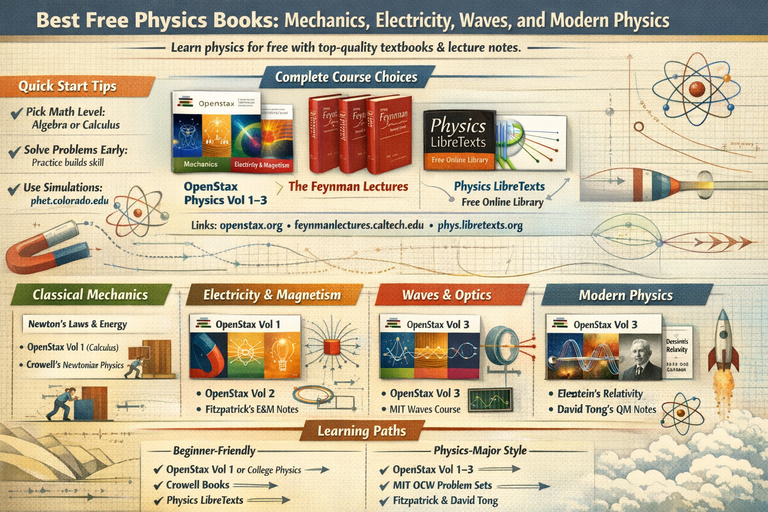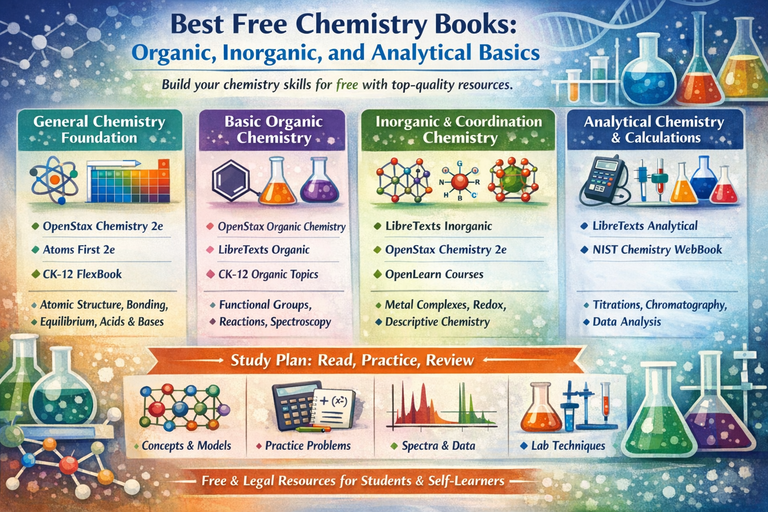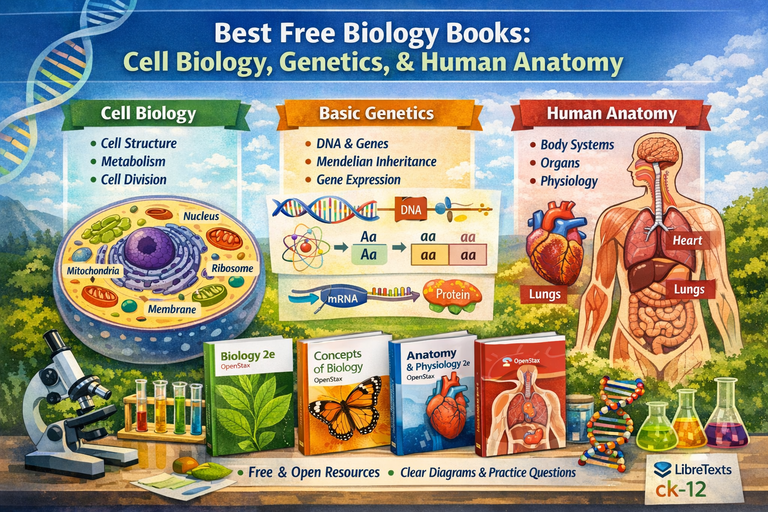Finding our Purpose and Passion in your Career
Have you ever wondered how to find your passion and purpose in life? Do you feel stuck in a job that you don’t enjoy and have no idea how to find something that brings you joy and satisfaction? You’re not alone. Finding your passion and purpose in a career can be a challenge, but it is possible.
GO OUT AND SEARCH SOULFULLY
You must perform some introspection before you can determine what your career's passion and purpose are.
This is challenging yourself to consider what you genuinely want out of life and what kind of work would best fit your interests, abilities, and values. Spend some alone time getting to know who you are and what motivates you. Which type of work would provide you the greatest fulfillment and happiness? Do you like making new things, assisting others, or dealing with numbers?
Consider what your biggest motivations are and what makes you feel most alive. Spend some time writing down your thoughts and ideas and let them guide you towards finding your purpose in a career.
THINK ABOUT YOUR ABILITIES AND VALUES.
Understanding what you have to offer is a prerequisite to discovering your career's passion and purpose. Your quest for the ideal career will be guided by your values and skill set, so consider them.
Start by enumerating all of your abilities and principles. Any information or technical proficiency that you may have gained from school, training, or experience is referred to as a talent. Your values are the attributes that are significant to you, such as diligence, inventiveness, honesty, etc. Having a clear idea of your values and skill set will help you focus on the kind of jobs you might be a good fit for.
You can also ask yourself, what activities bring you the most satisfaction? What do you value most in a job or working environment? These questions will help you identify the skills and values you should be looking for in a job. Once you've identified your skills and values, consider how they might translate into potential careers. What kinds of jobs would be a natural fit for your skills and values? Make a list of potential jobs or industries that might suit you. This will give you a starting point for your career exploration journey.
Finally, try to envision yourself in each role. How would you feel if you were doing this job every day? What would be the biggest challenges? Would this job make use of your skills and values? Taking the time to really consider your options before taking action can help ensure that you make the right career choices.
ENUMERATE YOUR IDEAL JOBS.
If you're unsure of your life's passion and purpose, start by listing all of your ideal occupations. Consider the job trajectories that inspire and thrill you. Are you interested in any particular fields or positions? Do you have a favorite company or organization in particular?
Spend some time thinking about the values and abilities you have and how you could apply them to a career that makes you happy. If you are unable to immediately come up with a precise thought, don't stress. Simply jot down anything comes to mind while brainstorming. Anything from conventional corporate positions to starting your own business could be on your list.
Once you have a list of potential jobs, start researching each one. Find out more about the roles, the types of employers that offer them, and the qualifications required. Talk to people who work in the industry and find out more about their experience. The more information you can gather, the better equipped you will be to choose the job that’s right for you.
EXAMINE YOUR OPTIONS.
Research is essential if you want to discover your career's passion and purpose. Making the appropriate choice can be aided by taking the time to research various employment options and evaluate which ones best align with your beliefs and skill set.
Make a list of all the jobs that appeal to you to start. After you've made a list, research each position online to find out more information about it. This can help you better understand the responsibilities and difficulties that come with each day. Make sure you read any industry-related news articles and reviews written by those who occupy the position right now.
Investigating the job's potential educational or training needs can also be beneficial. Think about any programs that could assist you in acquiring the skills or information need to be successful in that position. To obtain a sense of the possible income and work stability, you should also consider the wage range and job outlook.
Lastly, make use of your assets! Speak with acquaintances who are currently employed in the industry or establish connections with experts on social media. Interrogate them and pay attention to their counsel. Their own experience can offer priceless insight that could affect your choice.
You may decide which job will provide you the greatest success and satisfaction by doing some study on your possibilities.
SPEAK WITH PEOPLE IN YOUR FIELD
If you're serious about discovering your passion and purpose in your work, it pays to connect with professionals in your field and ask them questions about their experiences and advice. Most professionals are more than happy to share their stories and provide helpful insight. You can reach out to people you know, attend conferences, join professional networking groups, and follow industry experts online. During your conversations, try to get a sense of what the work is really like, the challenges they faced, the rewards they received, and any advice they can provide. It's important to get a real-world perspective on your chosen field and to understand
Talking to people in your field can also open up possibilities that you never even considered. You might find out about a career opportunity or find a mentor who can help guide you. Even if you don’t end up pursuing the exact same career path as the people you talked to, their insights can help you refine your own plan and vision.
ALLOW SOME TIME FOR OFFSETTING
Finding your passion and purpose may seem contradictory when you're trying to take a break from your work, but it can actually be a terrific approach to gain perspective.
Even a little leave of absence from work, even for a few weeks, will allow you to take a break from the grind and recharge. Take this opportunity to reflect on your career goals and do some introspection. This might assist you in identifying the needs and goals you have for your career. Seize the chance to discover new passions, interests, or pastimes.
Keep a record of any activities that you notice yourself enjoying more than usual. They could provide hints as to what your actual passion is. Take advantage of the chance to travel or attend educational events like seminars or workshops when you have some free time. Consider your previous employment choices and try to identify the factors that influenced them. You can use this to determine your motivations and the kind of work that will bring you fulfillment.
BE PREPARED TO MAKE SOME SACRIFICES
Any career path you choose will require some sacrifices; you may need to forgo some conveniences or luxuries in order to reach your goals; you may need to put in long hours of hard work and forego some social activities; you may need to take a pay cut in order to accept the job that will bring you closer to realizing your dreams; but in the end, all of these sacrifices will be worthwhile when you look back and realize that you've been able to pursue your passion and make a difference in the world. Remember, success doesn't come easily, so be prepared to make some difficult choices and
MAKE A PLAN
The steps you'll take to go from where you are now to your dream job should be outlined in this plan. It should include your long-term goals, like which job you want and when you want to have it, as well as your short-term goals, like the courses or certifications you need to take or any additional experience or training you need to acquire. It should also include a timeline of when you want to achieve each goal and any other action items that will help you reach your ultimate destination. Finally, don't forget to factor in financial considerations, like the cost of any necessary education in case something unexpected happen.
Creating a plan is essential for achieving your passion and purpose in your career. Without a roadmap, it can be difficult to stay motivated and focused on your ultimate goal. And remember – this plan is not set in stone. As you go through the process of finding your passion and purpose, you may find that your goals change. That’s okay! Just be sure to adjust your plan accordingly.
GO FOR IT!
It's time to create a strategy and pursue your goals after you have done your soul-searching, evaluated your abilities and values, created a list of your ideal careers, investigated your possibilities, spoken with professionals in your industry, and taken some time off to reflect on what it is that you really want out of a career. Often, the only way to move closer to your goals is to take action and make things happen.
Make an action plan first, incorporating both short- and long-term objectives. Set deadlines, divide up large jobs into manageable chunks, and proceed methodically to accomplish your goals. Don't be scared to modify your plan when you start to move closer to your objectives. Circumstances and life frequently change, and
Don't forget to acknowledge and appreciate your accomplishments. Rewarding yourself for your accomplishments will keep you inspired, upbeat, and eager for the future.
Taking chances and stepping outside of your comfort zone might be challenging. It might be unsettling to change. But there's a sense of contentment that comes from pursuing your passions and your purpose that money cannot purchase. Follow your intuition, have faith in yourself, and don't allow fear get in the way of achievement. Take it on!






